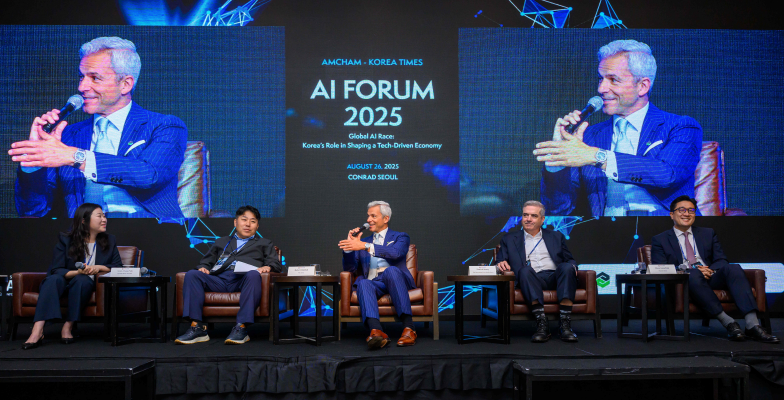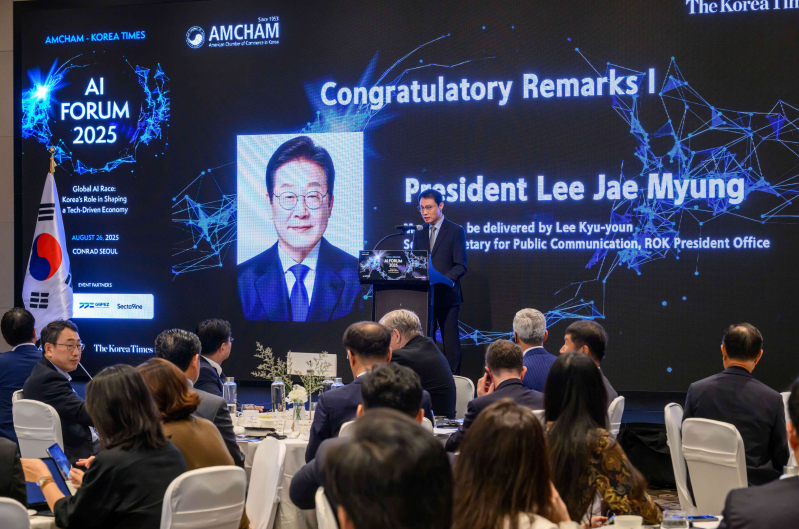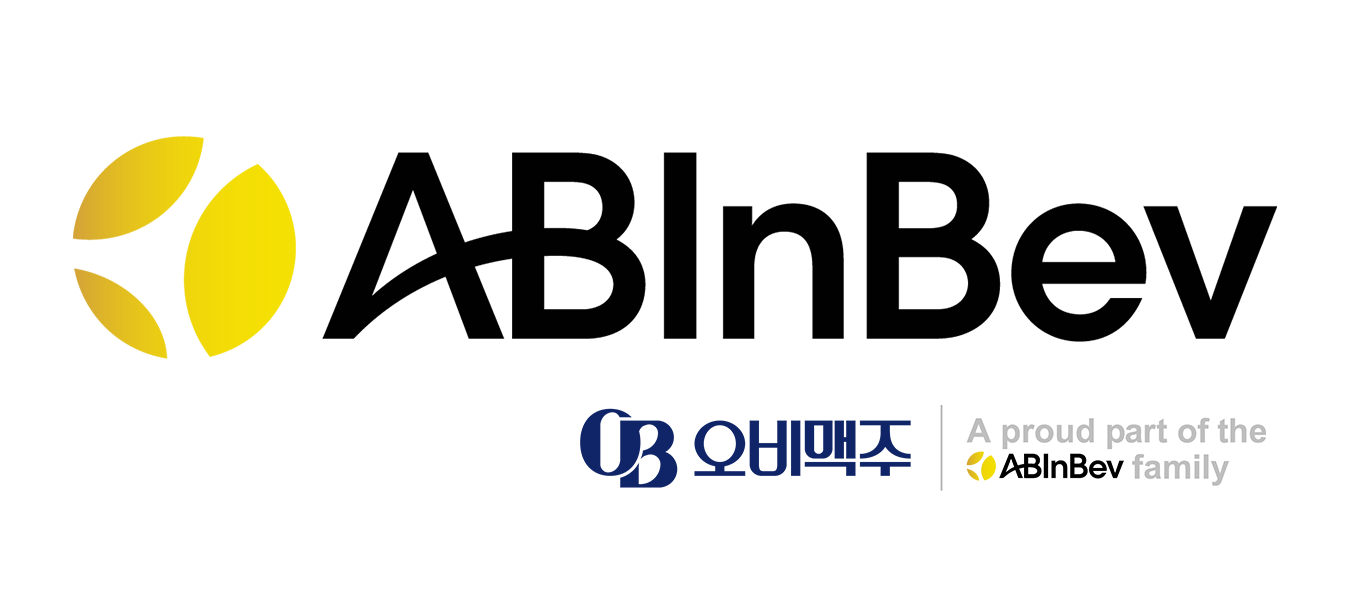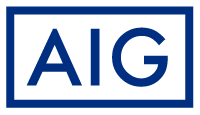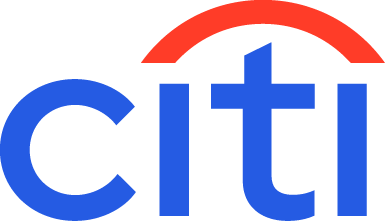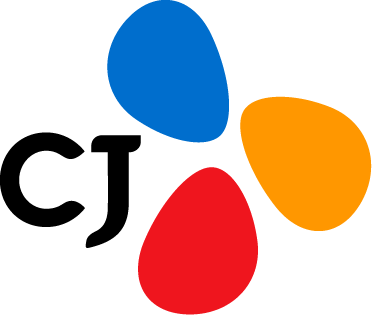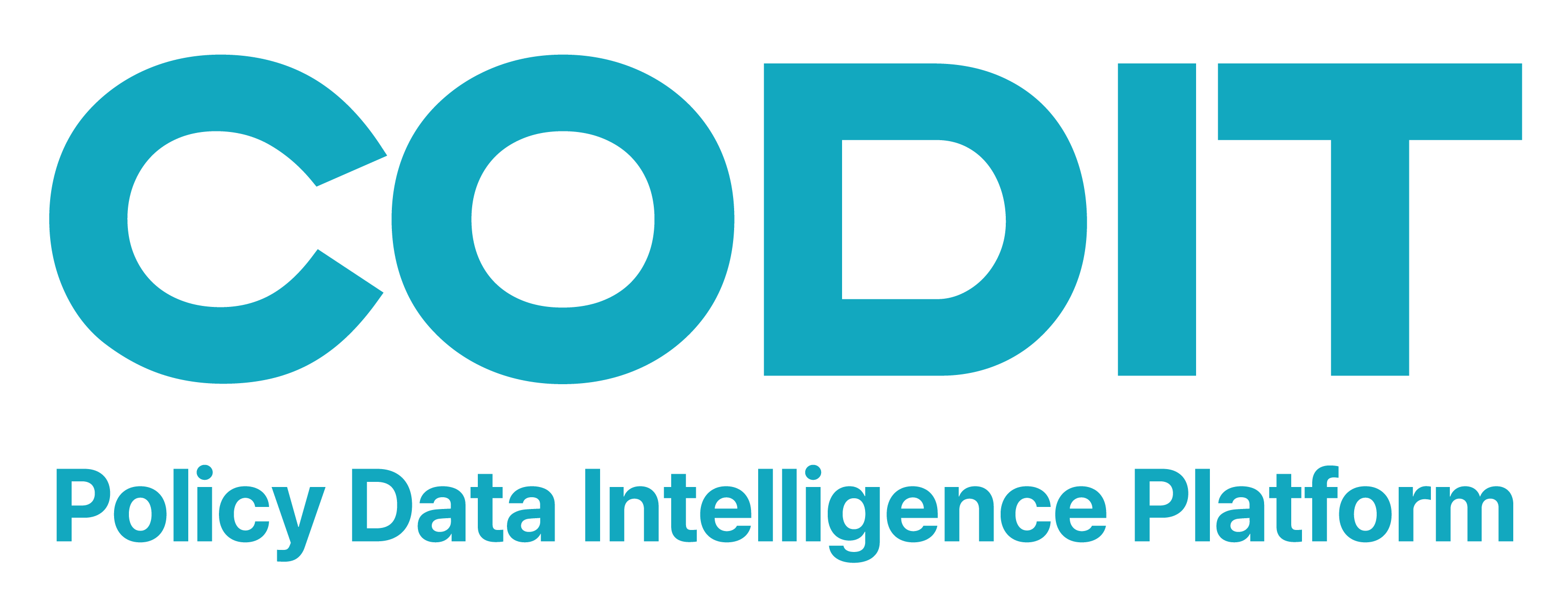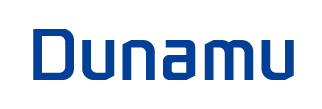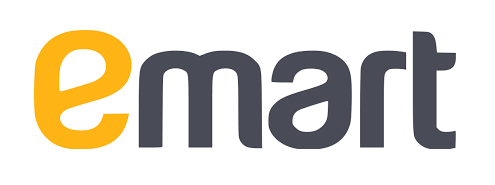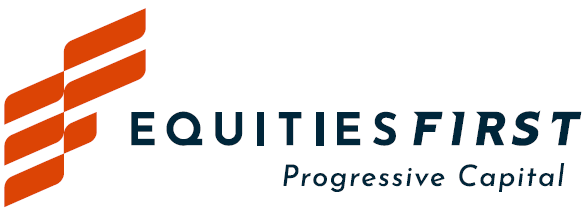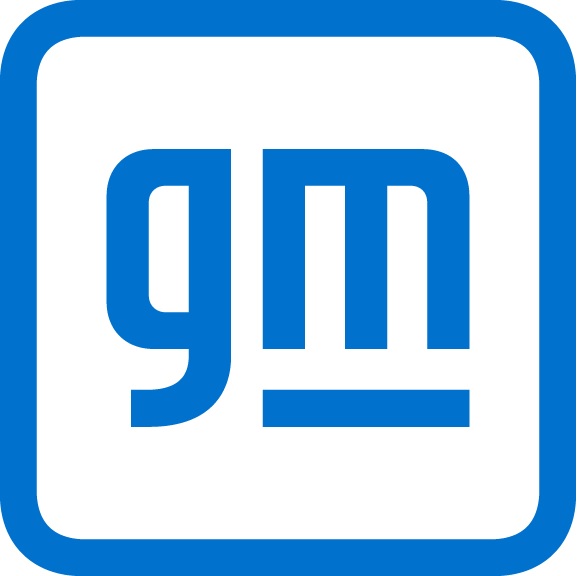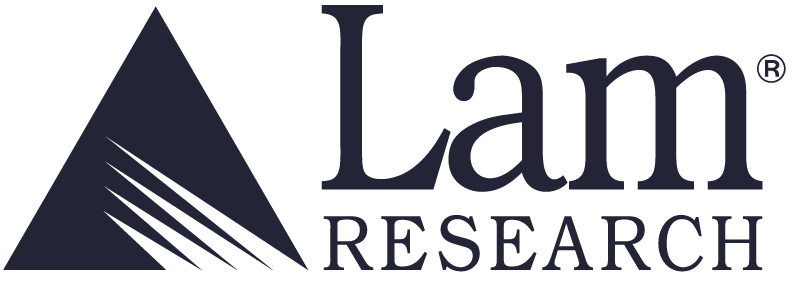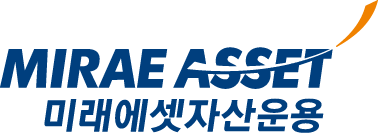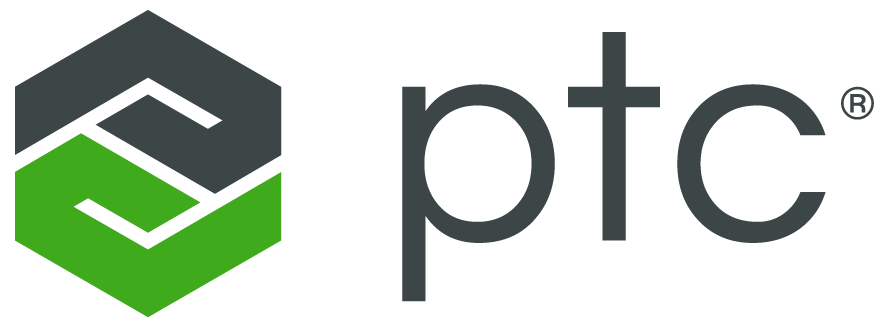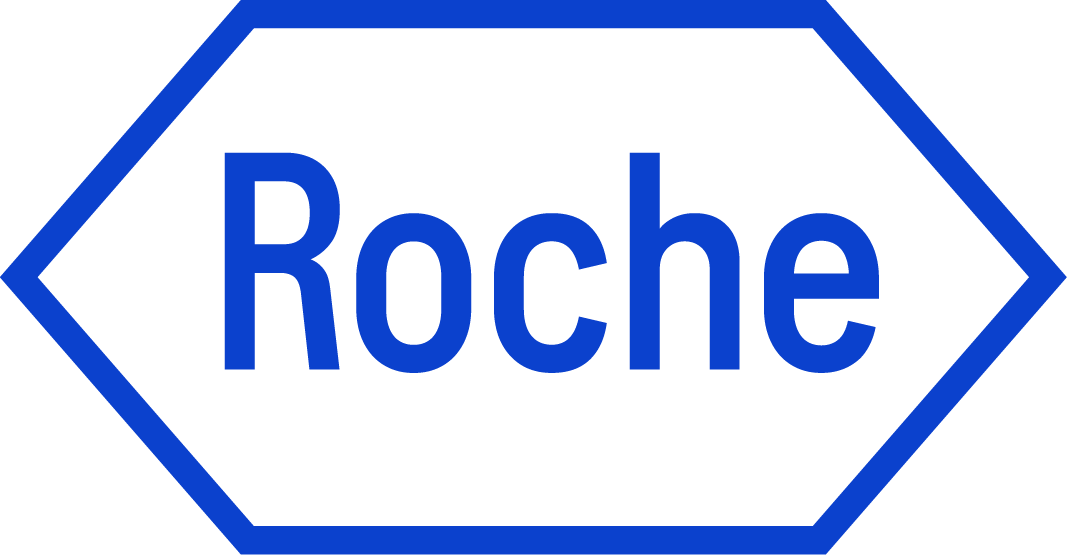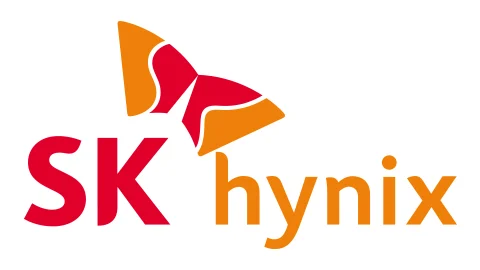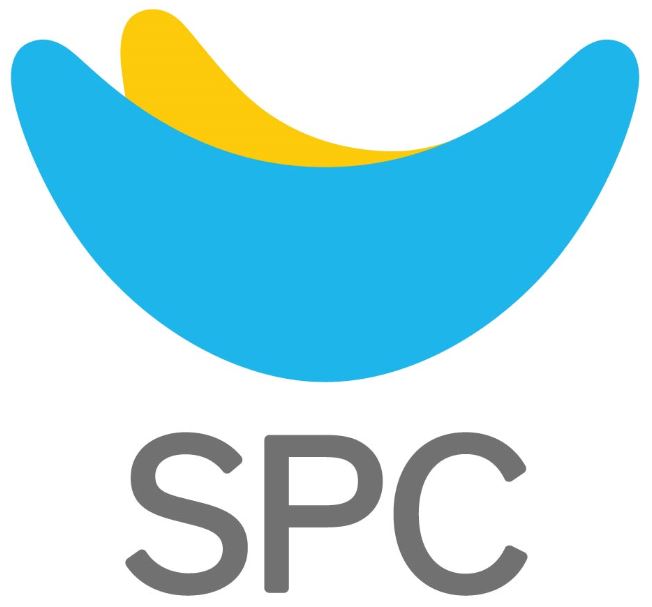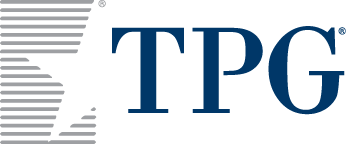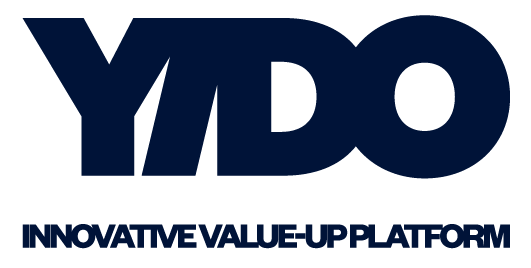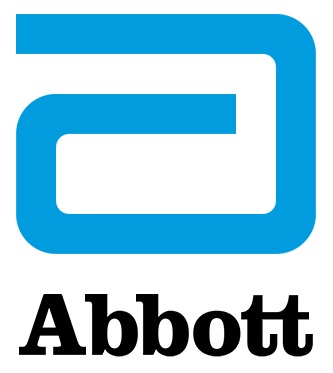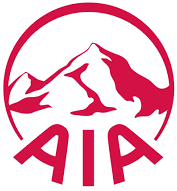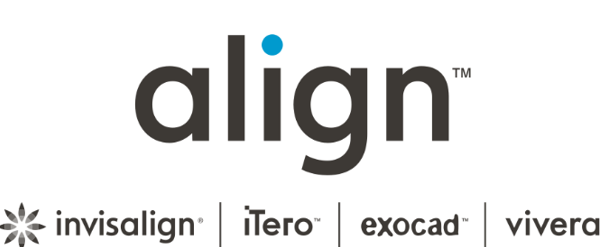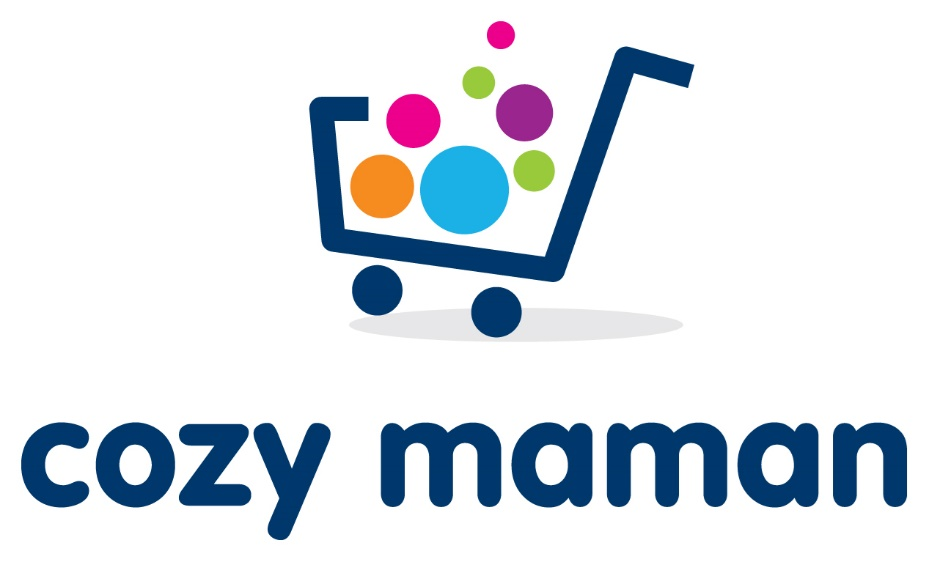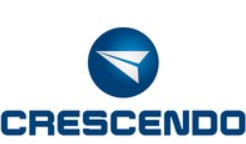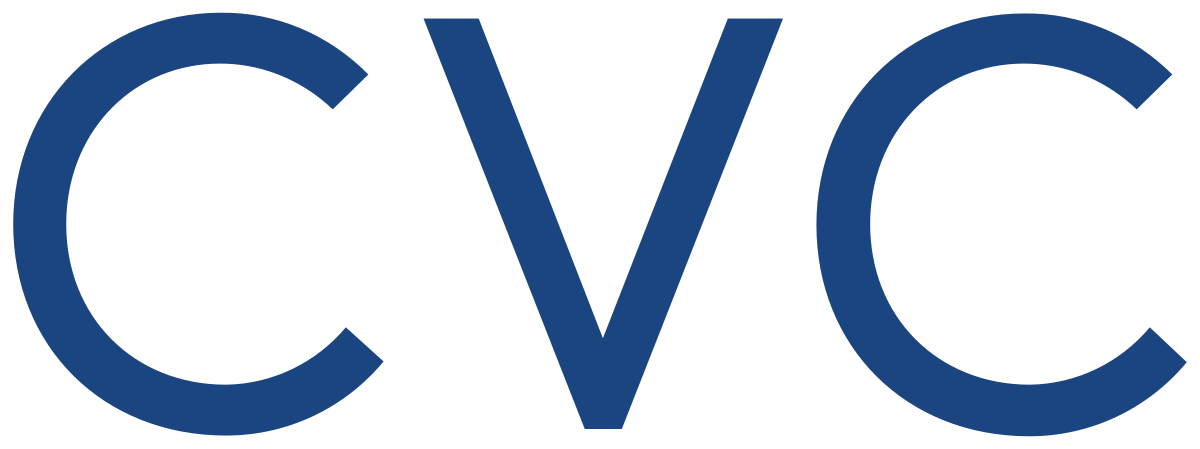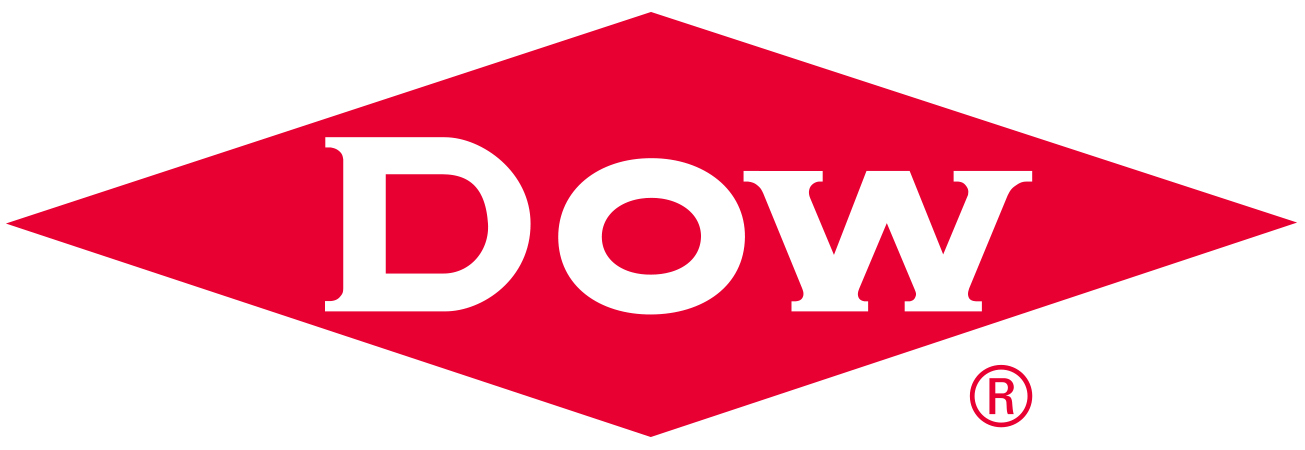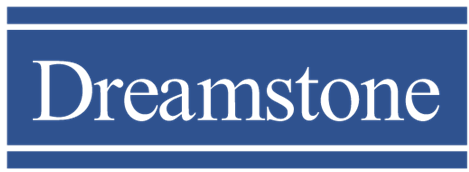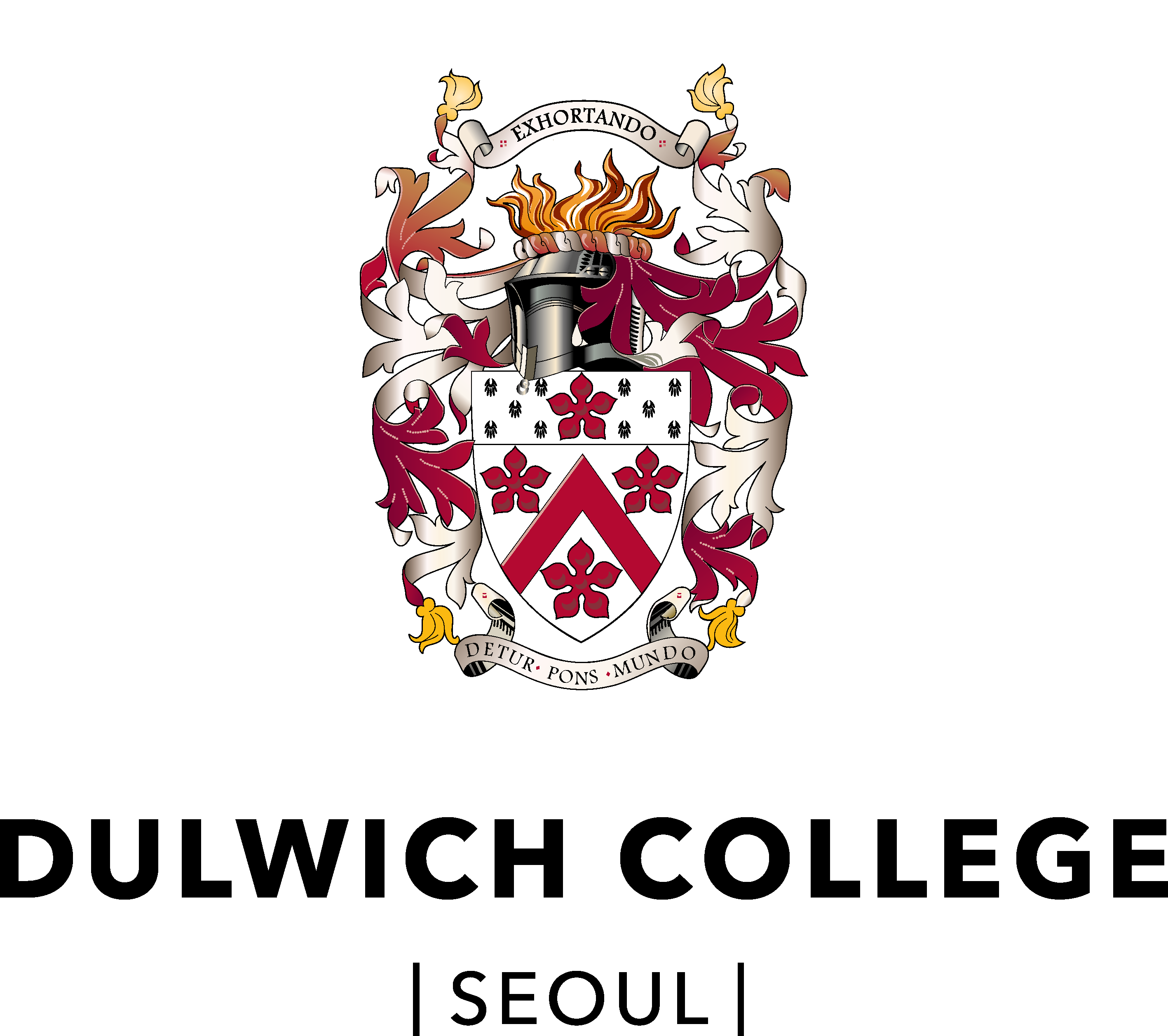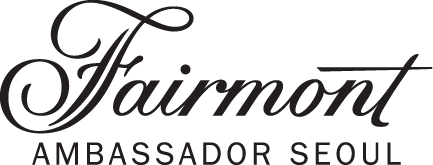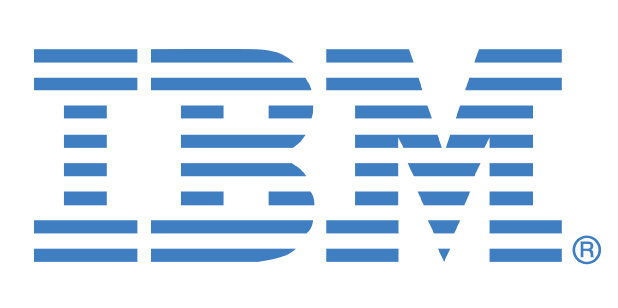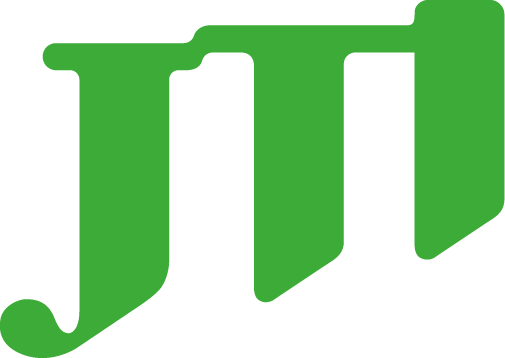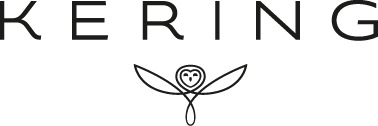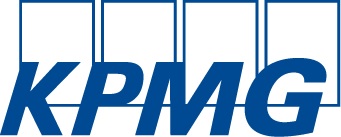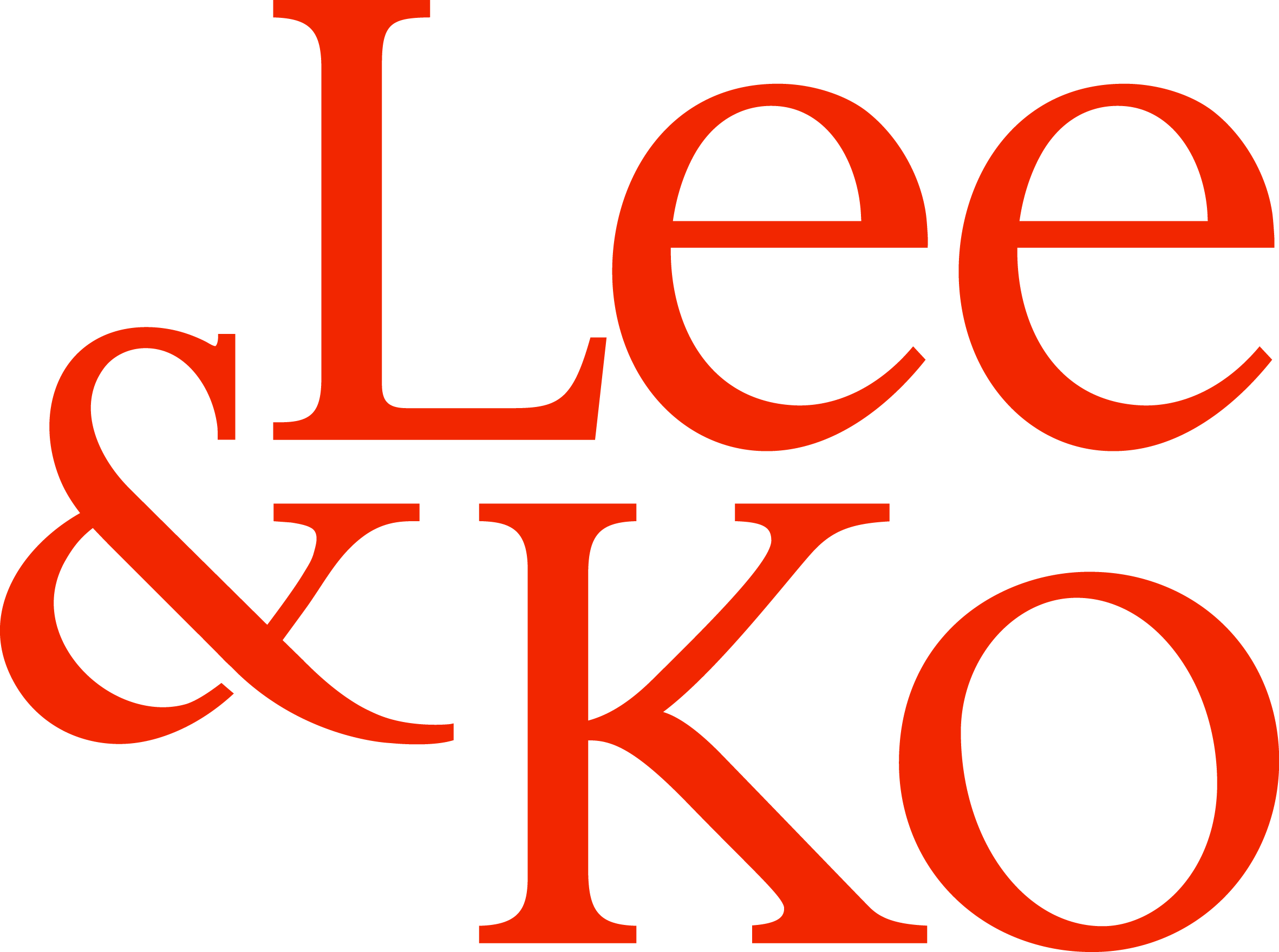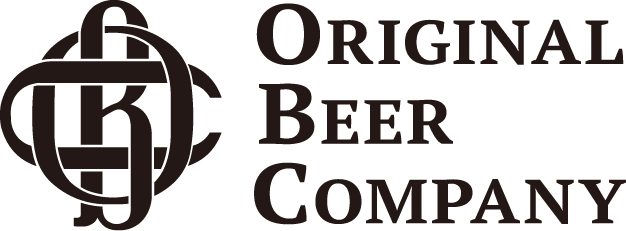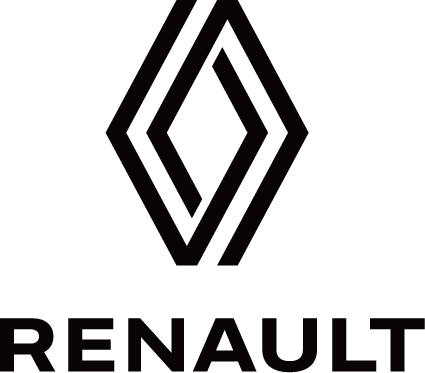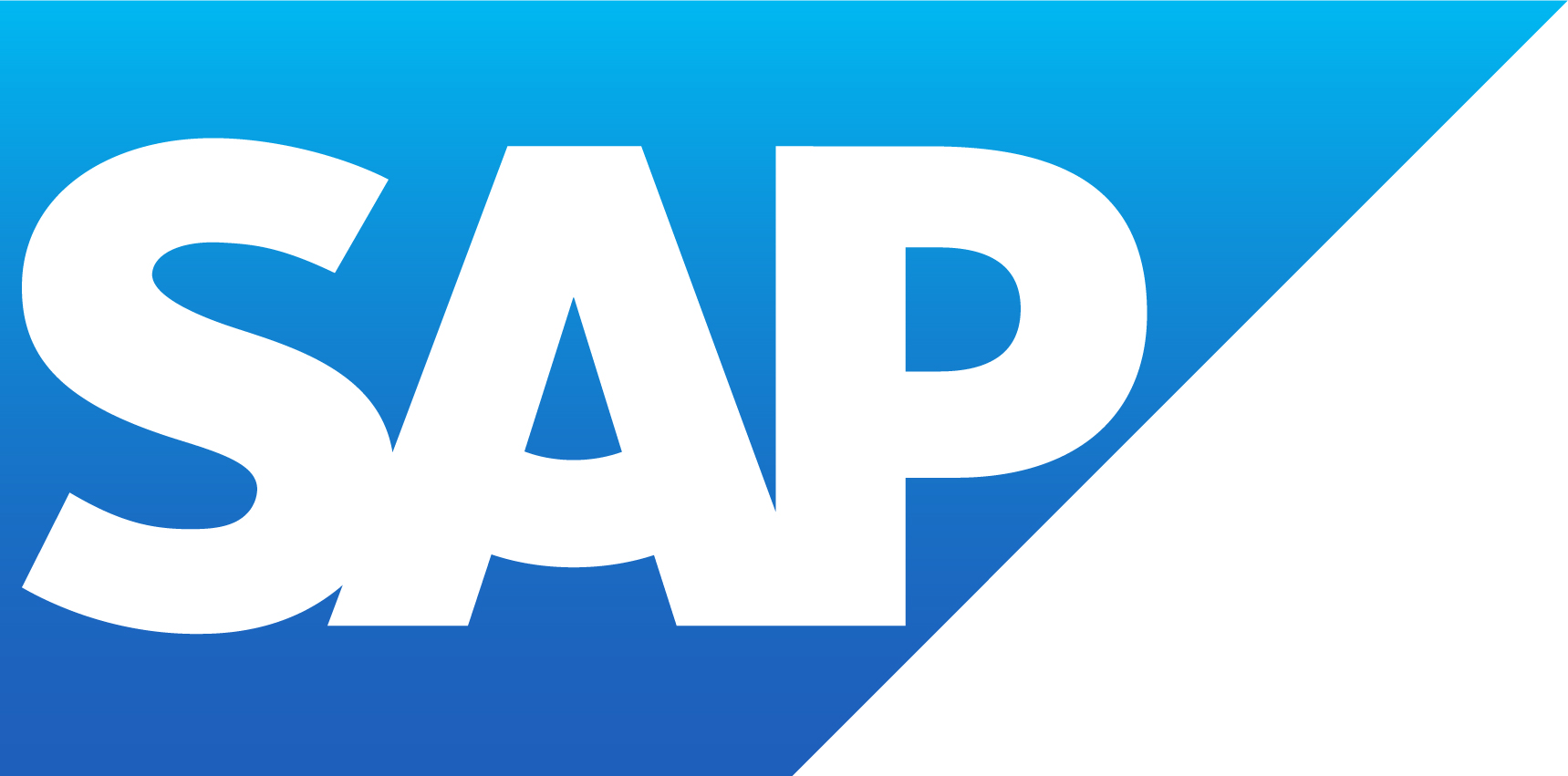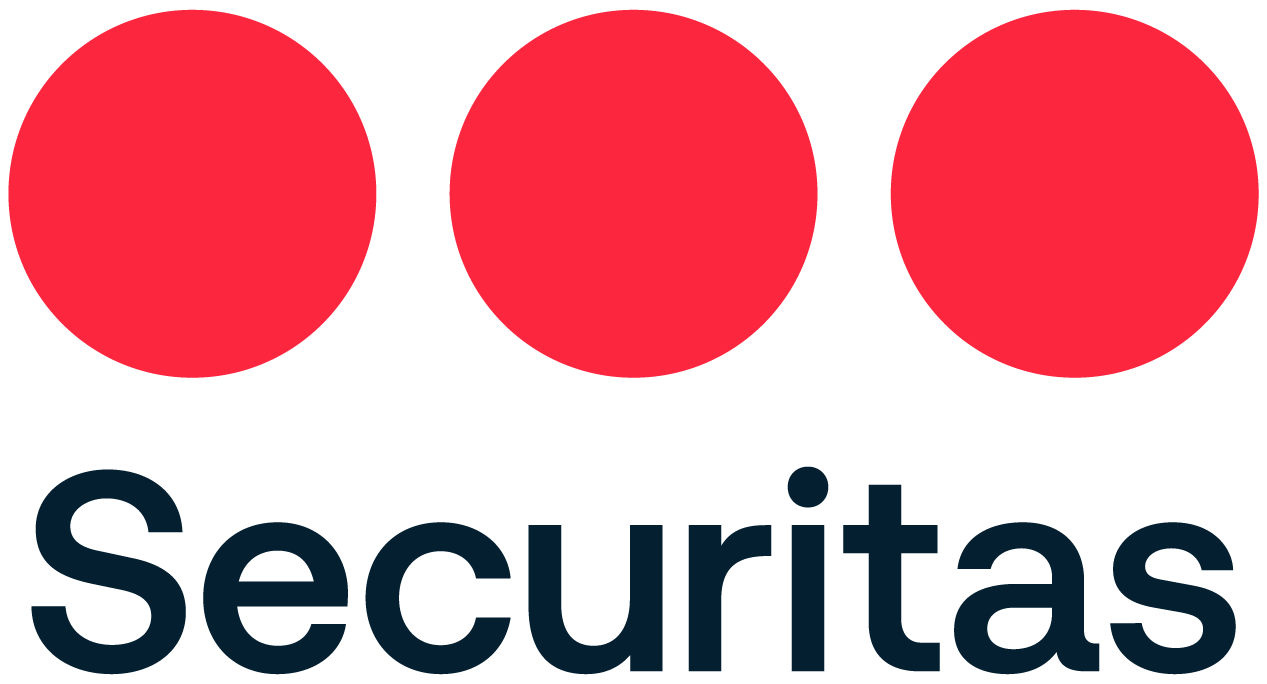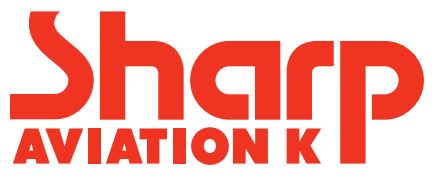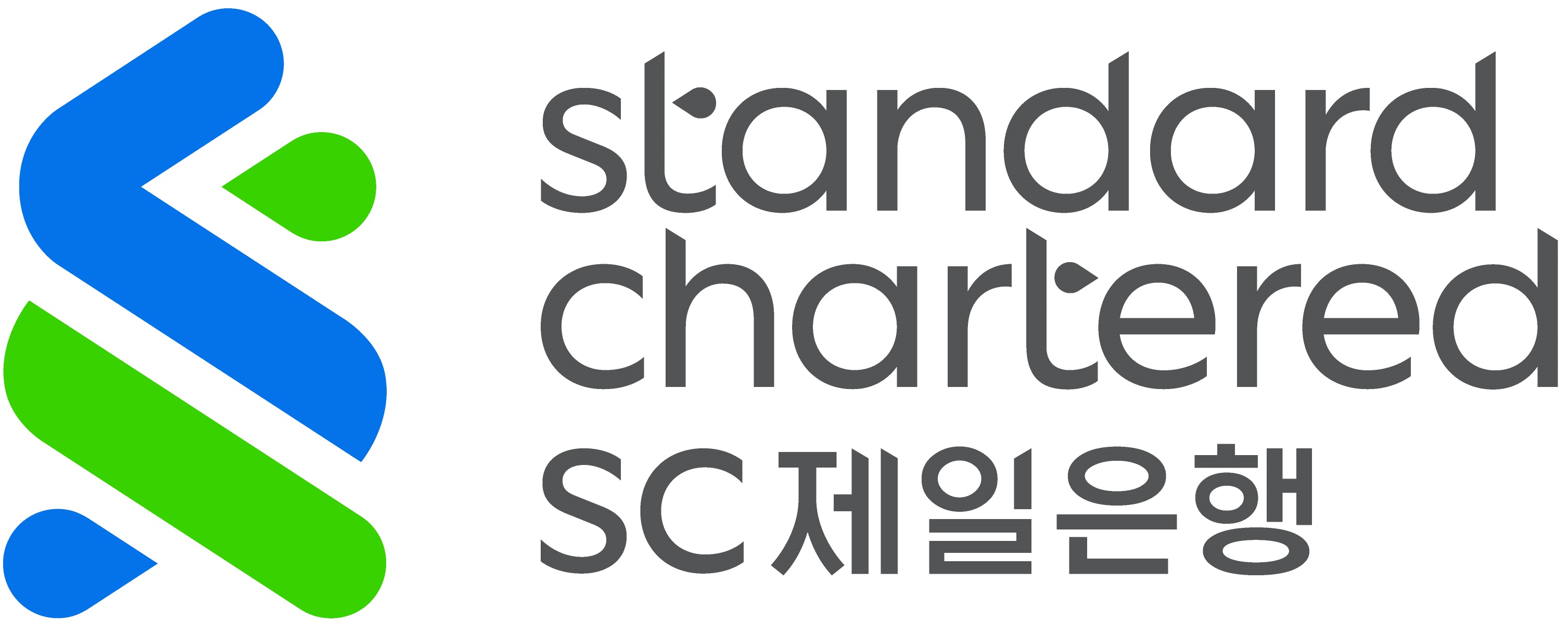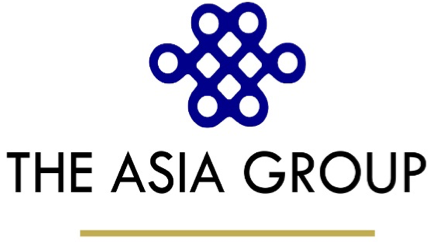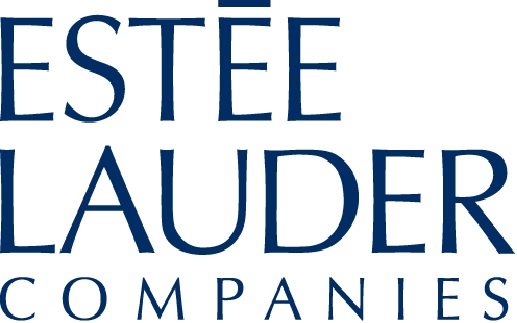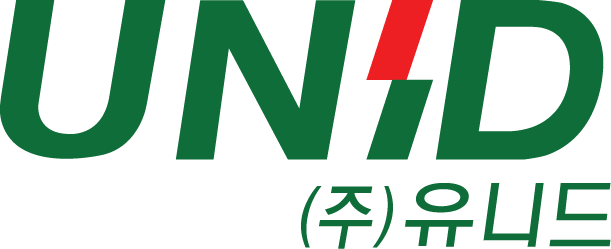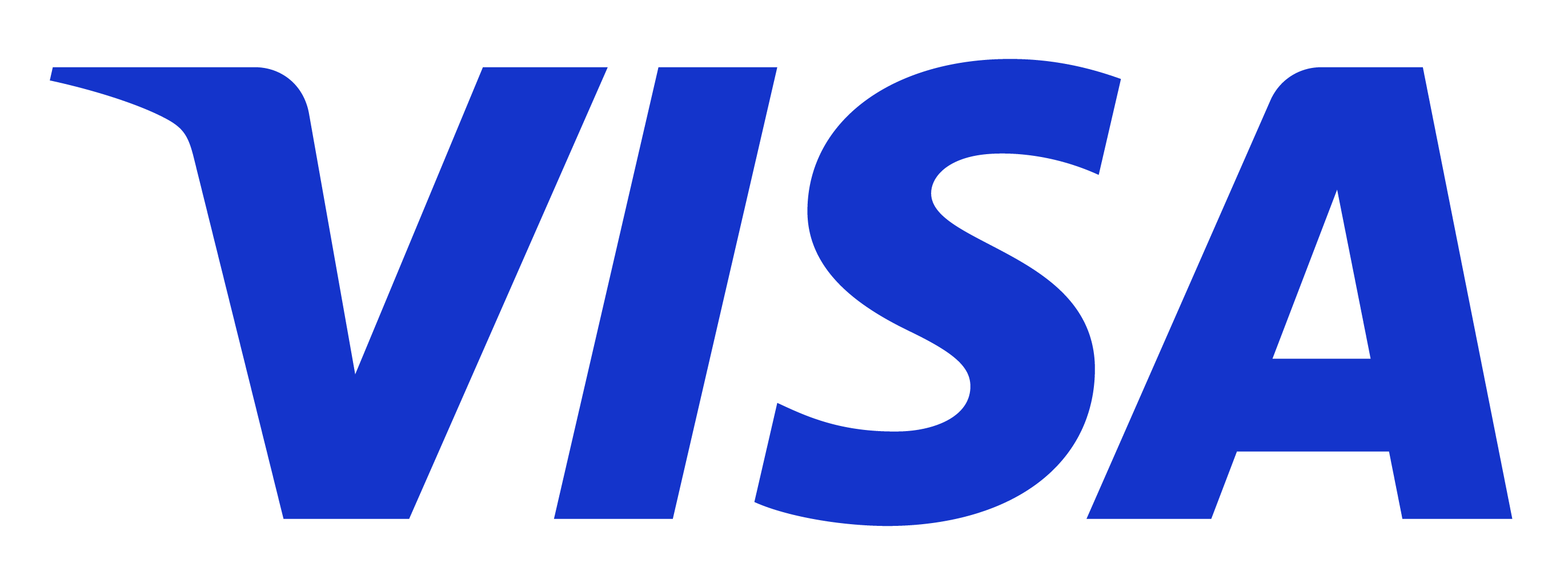'No longer optional': AI transformation
essential across sectors
Forum
highlights urgency for Korea-US cooperation in global AI race
By Lee Gyu-lee,
The Korea Times - Experts from global companies said Tuesday that artificial
intelligence (AI) adoption is no longer optional, but essential across sectors
from manufacturing to finance.
The Korea
Times and the American Chamber of Commerce in Korea co-hosted the AI Forum 2025
in Seoul, bringing together figures from industry, academia and government to
discuss Korea’s role in the AI and digital innovation economy.
The first
session focused on the industrial perspective of the global AI race, inviting
PTC Chief Revenue Officer Robert Dahdah, Hyundai Motor Securities researcher
Roh Geun-chang, Visa International Korea Country Manager Patrick Storey and
Microsoft Korea Enterprise Commercial Lead Kim Hoon-sang as speakers. Tech
startup CODIT CEO Chung Ji-eun moderated the session.
Discussing
cooperation between Korea and the United States, which has become even more
crucial following dramatic tariff negotiations and the Korea-U.S. summit, the
panelists urged private sectors to jump into AI adoption to broaden their
opportunities in the global market.
“In the
industrial software digital thread world, there are incredible applications for
AI … The key thing is to act even if it's not system-wide; to act use case by
use case, find applications within your existing data structure and then
continue to evolve, rather than wait for some perfect moment,” Dahdah said.
“Especially in
Korea, with a great, strong manufacturing sector, there are enormous
opportunities for supply chain parts. AI can help right now (with) the existing
data set, not perfectly, but better than before. So the key thing is to find
and cooperate on those areas.”
Roh noted
cooperation between the two countries has especially been important in the
semiconductor industry.
“With TSMC
holding a near-monopoly in foundry services, Samsung’s participation would
provide valuable diversification for U.S. customers by offering an alternative
source,” he said.
“If AI-powered
factories in the U.S. are to improve profitability in manufacturing … they
would need to deploy humanoid or delivery robots. And Korean companies can play
a significant role in the memory semiconductors inside these robots.”
Kim emphasized
that with the Lee Jae Myung administration pushing AI initiatives, firms should
take this as a chance to ride the tide.
“We believe
the year 2025 will be the year of AI agents, and the Korean enterprises are
just fantastic in developing new AI agents, exploring new ways of doing their
businesses and changing the operations,” he said.
“So I think we
should keep encouraging our enterprise customers to explore how to develop the
AI agent, and also there are some regulatory issues, especially with the
finance industry.”
The experts
pointed out that setting a standard with AI models and data and securing talent
are essential to further boosting AI development and deployment across sectors.
“The vision of
Korea as a hub, or for Korea to embrace open standards when it comes to AI and
data, it's going to be really hard to convince other countries about the
capabilities of Korea if it does not have standards that those countries are
aligned with,” Storey said.
Dahdah added,
“There's truly a global war for AI talent, and the numbers that are being
offered to the leaders are staggering … Like any place that wants to really
lead, you have to enable people.”
Source: https://www.koreatimes.co.kr/business/tech-science/20250826/no-longer-optional-ai-transformation-essential-across-sectors




